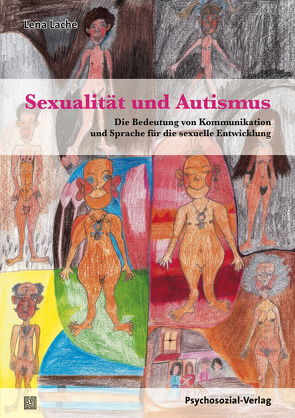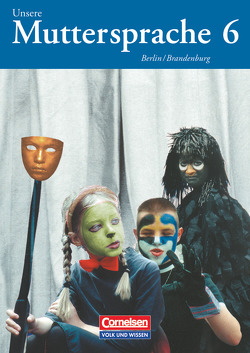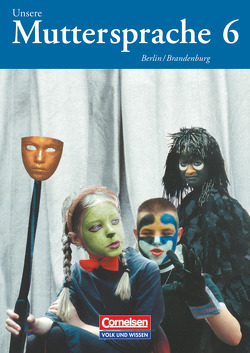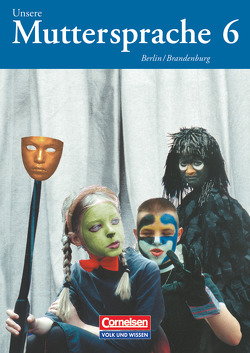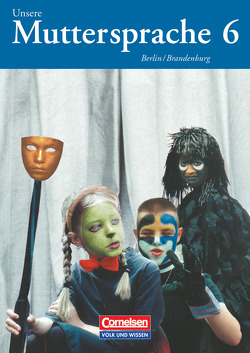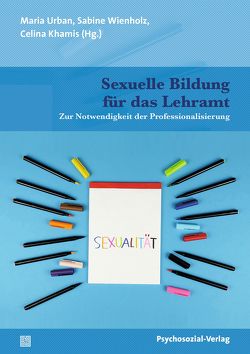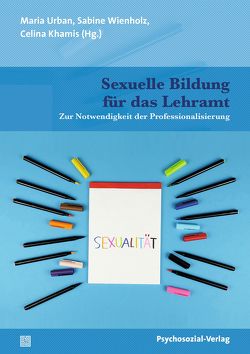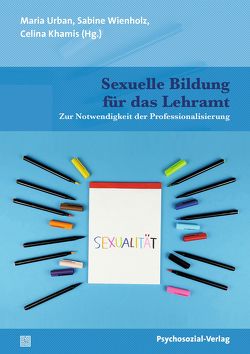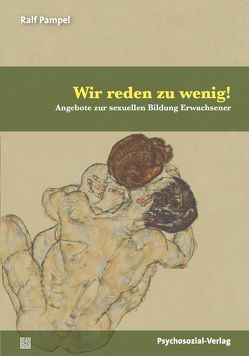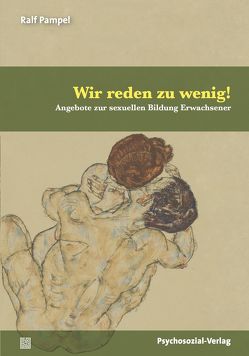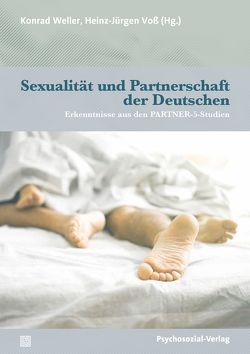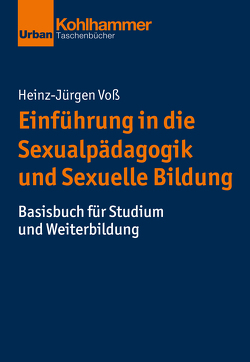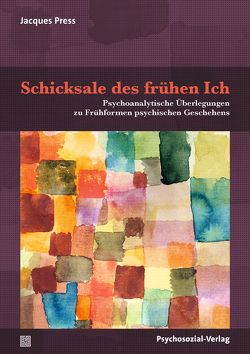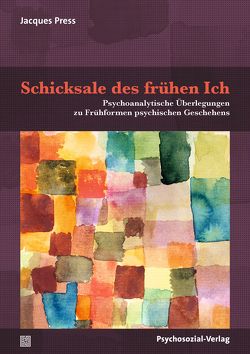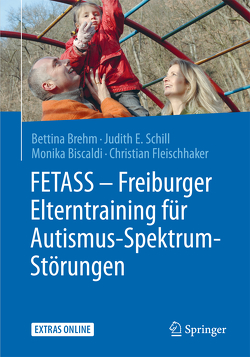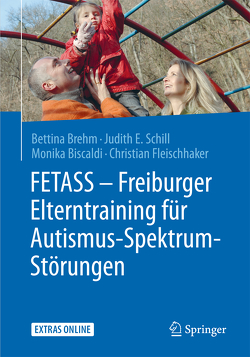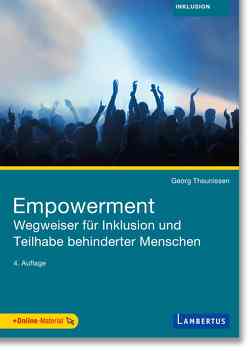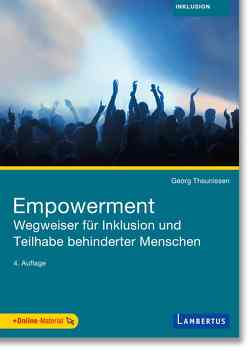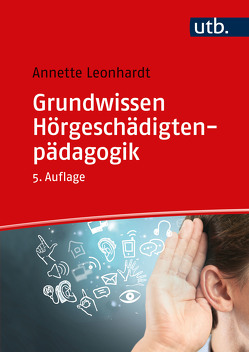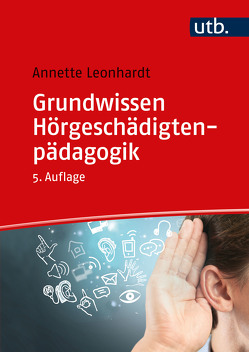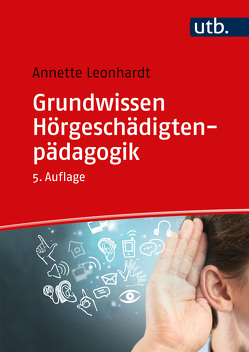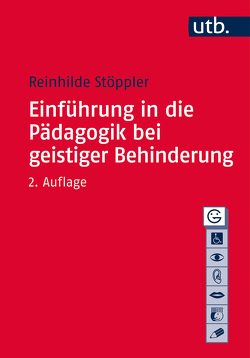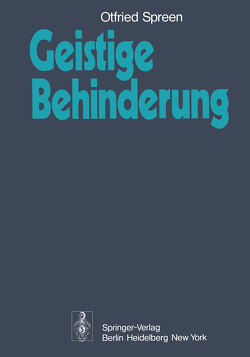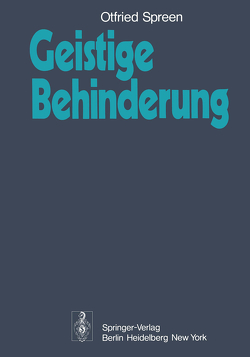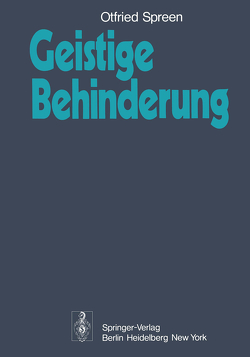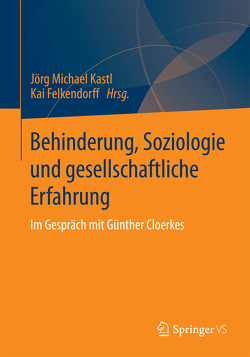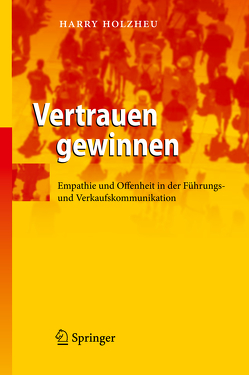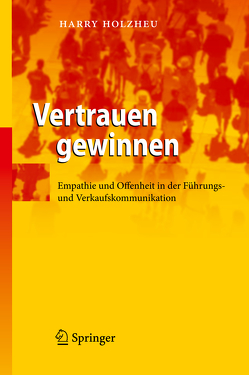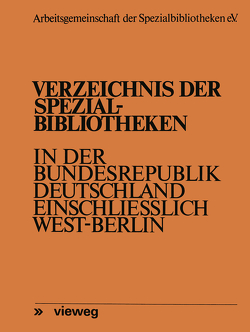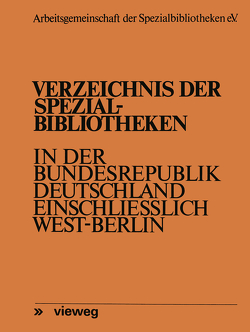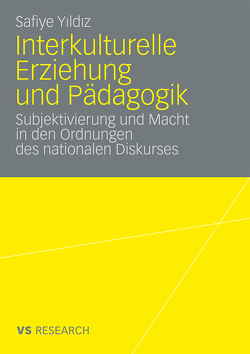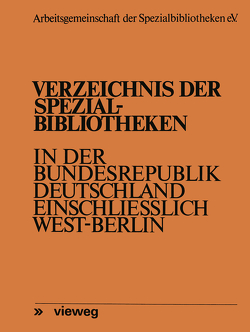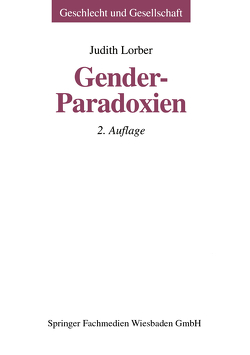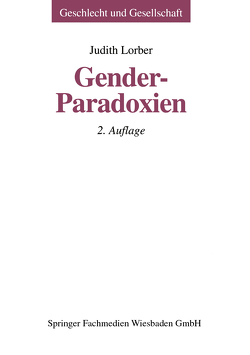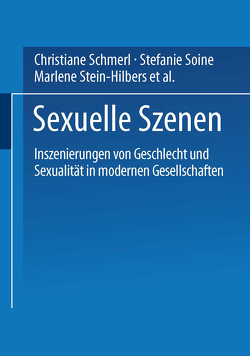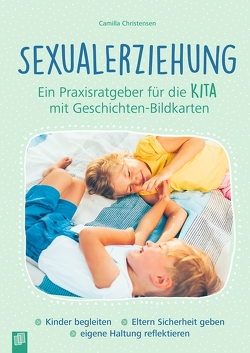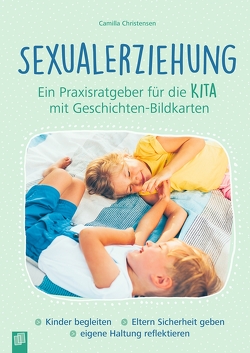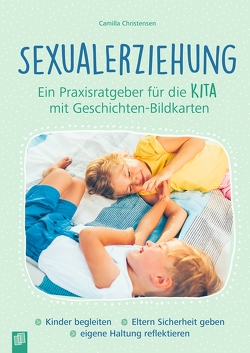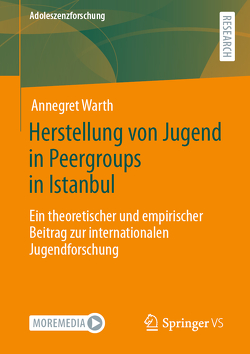Sexualität und Autismus
Die Bedeutung von Kommunikation und Sprache für die sexuelle Entwicklung
Ulrike Busch, Lena Lache, Harald Stumpe, Heinz-Jürgen Voß, Konrad Weller
Auch Menschen mit Autismus haben sexuelle Bedürfnisse. Aufgrund ihrer spezifischen Wahrnehmung und ihrer abweichenden sozio-kommunikativen Fähigkeit erleben Autist_innen sich und ihre Umwelt jedoch anders als Menschen ohne Autismus. Wichtig für die sexuelle Entwicklung ist jedoch eine gelungene zwischenmenschliche Kommunikation. Um an sexuellen Entwicklungsprozessen teilhaben zu können, benötigen autistische Menschen deshalb mitunter eine sehr intensive und zielgerichtete Unterstützung.
Der Schwerpunkt des vorliegenden Buches liegt unter besonderer Berücksichtigung autismusspezifischer kommunikativer Fähigkeiten auf der psychosexuellen Entwicklung von Menschen aus dem Autismus-Spektrum. Die Autorin beleuchtet die Bedeutung von Kommunikation und Sprache und beschreibt, wie Veränderungen in diesem Bereich die Entwicklungsprozesse nachhaltig beeinflussen können. Dabei wird der Fokus auf einzelne Methoden der Unterstützten Kommunikation und deren positive Wirkung auf Sozialisationsprozesse der Sexualität gelegt. Sowohl Chancen dieser Methoden als auch mögliche Anwendungsfelder werden aufgezeigt und kritisch diskutiert.
Sexuality and Autism: The Significance of Communication and Language for Sexual Development
People with autism too have sexual needs. But due to their specific perception and differing socio-communicative ability autistic people experience themselves and their environment differently than people without autism. However, successful interpersonal communication is important for sexual development. Therefore, autistic people sometimes need intense and well mapped-out assistance in order to be able to participate in sexual development processes.
Centering on the psycho-sexual development of people from the autism spectrum, this book pays particular attention to autism-specific communication skills. It highlights the significance of communication and language and examines how modifications in this realm can have lasting impact on the development processes. The focus is placed on individual methods of Augmentative and Alternative Communication and their positive effects on socialization processes of sexuality. Both the chances offered by these methods as well as the possible areas of their application are demonstrated and critically discussed.
